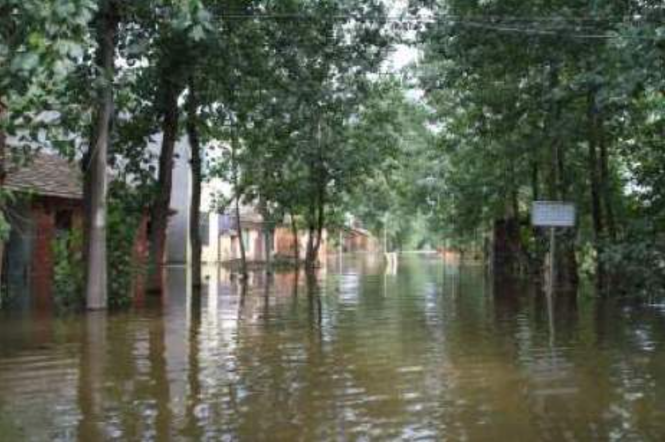
More than 100 disaster management experts and policy makers from across Asia Pacific and beyond gathered in Shanghai from 12-13 October for the fourth Regional Humanitarian Partnership Workshop for the Asia-Pacific region. The event provided an opportunity for participants to share their experience and exchange ideas on humanitarian challenges facing the region. The importance of legal preparedness in this context was strongly profiled.
Asia Pacific is often noted as the world’s most disaster prone region. “More than 370 disasters were recorded in the region in 2010, and 89 per cent of all people affected by emergencies during the year lived in Asia”, cited Under Secretary General and Emergency Response Coordinator Valerie Amos in her opening remarks. As if to emphasise this point, several countries along the Mekong River Delta were experiencing ‘once-in-a-generation’ flooding as the workshop opened.
But the region is also the site of notable progress and innovation in disaster management. Governments and their humanitarian partners are working together across the region for more effective coordination and response as well as to build resilience and reduce disaster impacts. Many are using law as tool.
“Experience has shown that countries affected by disasters can benefit from a clear legal framework, which can guide the coordination of international humanitarian assistance, and ensure the speedy delivery of aid to those in need,” said Ms. Amos.
Ms. Amos identified the model legislation currently being developed by the IFRC, OCHA and the Inter-Parliamentary Union as a useful tool to help states address some of the legal and regulatory issues that arise with international assistance during disasters.
Law, as an effective disaster management tool, captured the attention of participants on the second day of the workshop, when the IFRC’s Senior Advocacy Officer joined a panel discussion on developments in response preparedness.
The need for better legal preparedness at the national and regional levels, and the IFRC’s contributions in this area were specifically highlighted in the workshop recommendations.
It was agreed that preparedness needs to be better reflected in national legislation and regional agreements, as articulated under Pillar 5 of the Hyogo Framework for Action (2005-2015). The work of the International Federation of Red Cross and Red Crescent Societies on the development of a Draft Model Act was considered important in this context.
Other major themes capturing the interest of participants were the increasingly important role of the private sector in disaster preparedness and response, the use of technology as a critical tool for both rapid response and risk mapping, the emerging regional response capacity and the need for improved dialogue and communication among national, regional and international actors.
The meeting was co-hosted by the Chinese Ministry of Commerce and the Shanghai Municipal Government, with support from OCHA. Participants included officials from 24 states across the region, representatives of both ASEAN and SAARC, numerous UN agencies and offices, non-governmental organisations, the IFRC, as well as private sector representatives. The IFRC was represented at the meeting by Javier Barrera, Head of Delegation in Mongolia, and Elyse Mosquini, Senior Advocacy Officer, IDRL Programme.